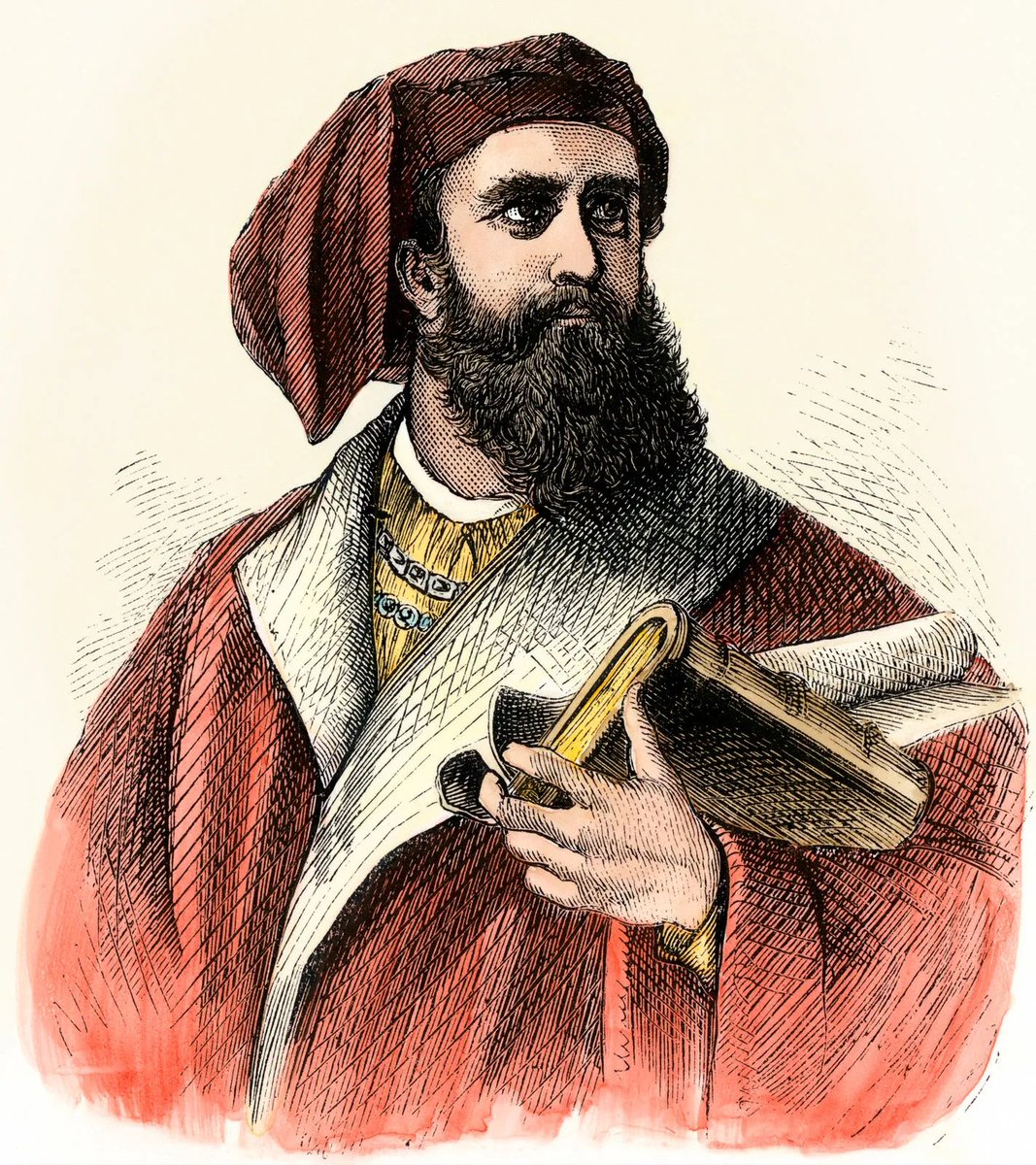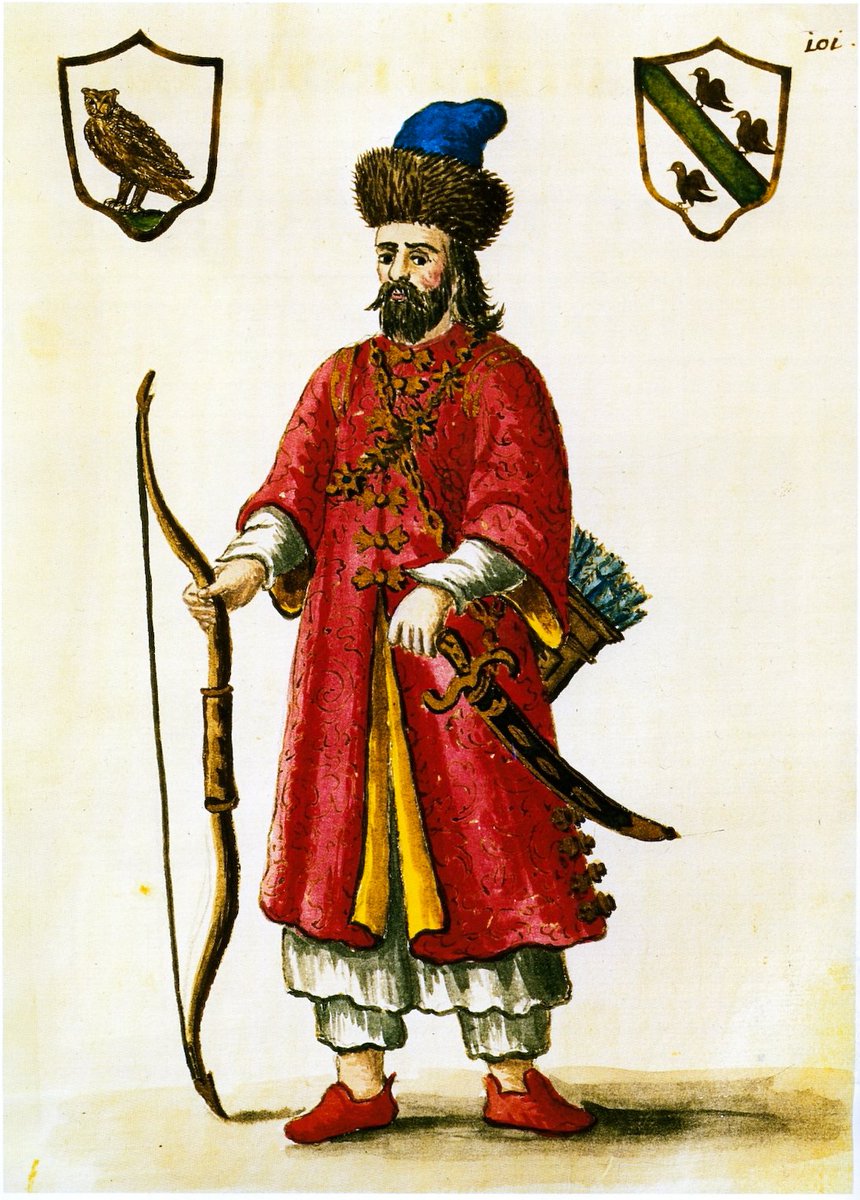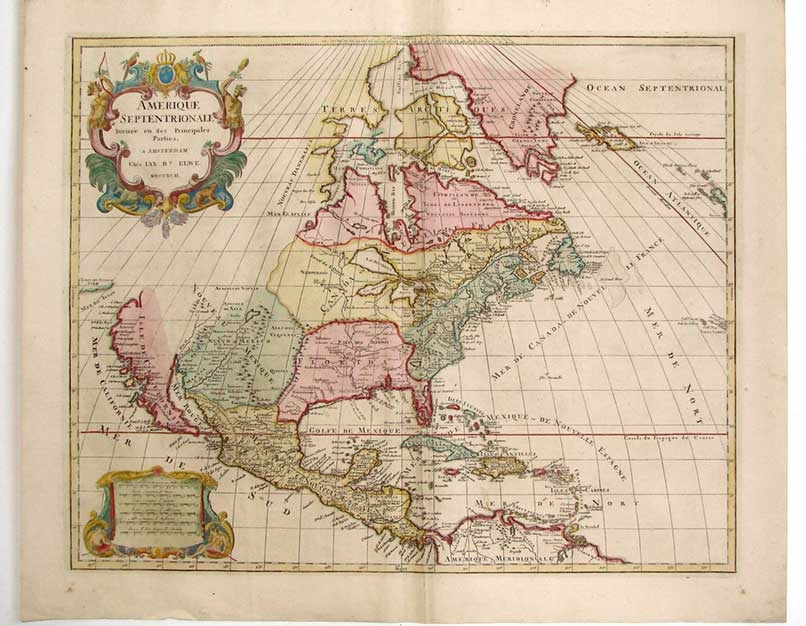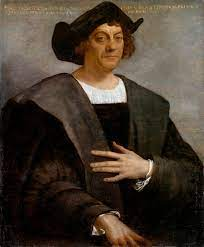
How to make life from grass:
While Genghis Khan was on his conquest of the known world, he discovered that in many areas, the terrain made it very difficult to gather food and drink.
While Genghis Khan was on his conquest of the known world, he discovered that in many areas, the terrain made it very difficult to gather food and drink.

Initially, this was a minor issue as the army of Genghis had packed enough to last them. But over time resources started to deplete. 

When another great conqueror, Alexander the Great faced a similar issue, he was forced to burn his treasury and order his officials to do the same to save space for resources. 



However, Genghis did not have to do the same, because he realised that he could fuel his army with grass. 

While the army of Genghis Khan starved, his horses were well fed on the grass around them. The Mongolians used this to their advantage. They fed themselves on the milk and meat of these horses. So, in a way, Genghis could not have built his vast empire without grass. 



#MoreWorldHistoryin3Points #WorldHistoryin3Points #ZacSangeeth
To learn more about Genghis Khan and the Mongol empire buy my books at amzn.to/3siP2sr and amzn.to/3xXlgwe
To learn more about Genghis Khan and the Mongol empire buy my books at amzn.to/3siP2sr and amzn.to/3xXlgwe
@HachetteIndia @johngarnetman @MongolsSilkRoad @Timurid_Mughal @BiruniKhorasan @DalrympleWill @AudreyTruschke @UnamPillai @AKanisetti @mukhoty @DeepintoHistory @whencyclopedia @myhistorytales #GenghisKhan #AncientMongolia #Mongolia #MongolHistory #HistoryofMongolia #AsianEmpire
@threadreaderapp unroll
• • •
Missing some Tweet in this thread? You can try to
force a refresh





























